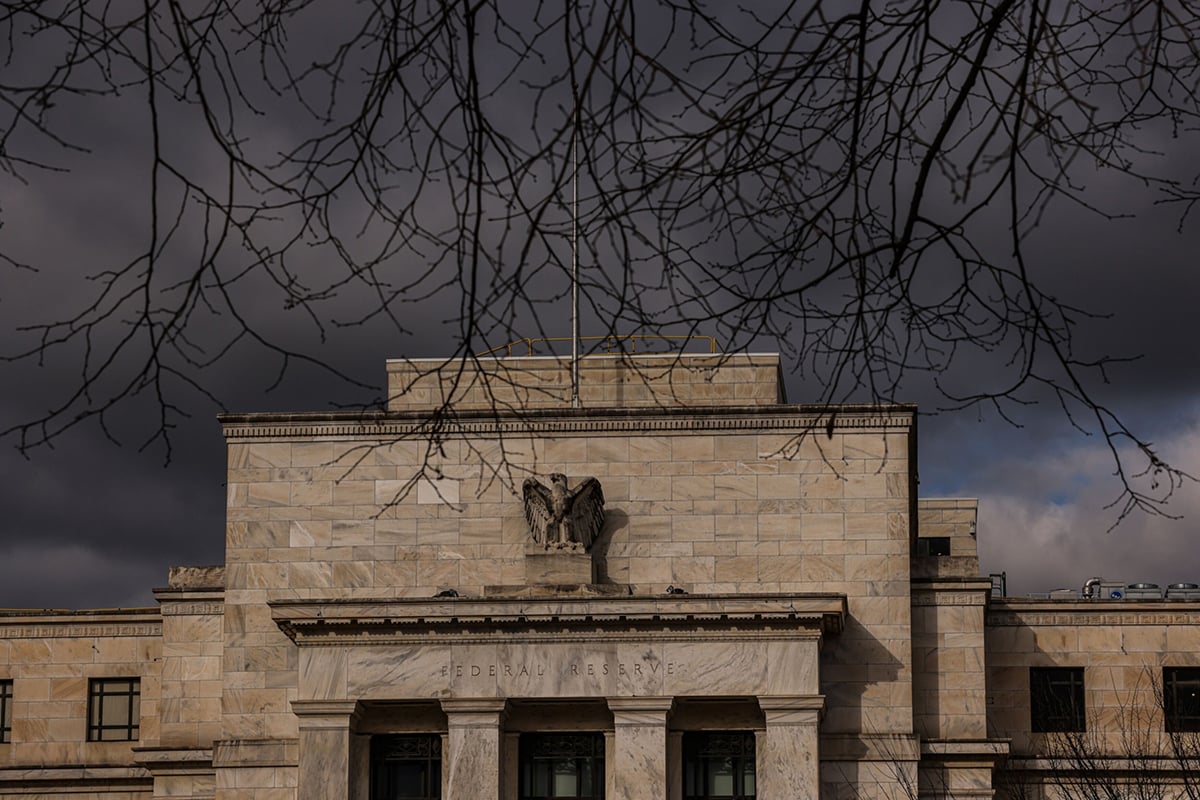What's worse: A government shutdown or a failure to raise the debt limit? A shutdown sounds more serious, but failing to raise the debt limit would mean the first U.S. government debt default in history, with all the complications that brings.
"The federal government would have to significantly cut back spending, [which] would probably mean delaying about $80 billion in payments due November 1 to Social Security recipients, veterans, and active-duty military for as long as two weeks," writes Mark Zandi, chief economist at Moody's Analytics, in a new report.
"Financial markets would surely be roiled" with spiking interest rates and plunging equity prices. Global investors would sell or stop buying U.S. debt, and the Federal Reserve would have to shore up purchases of Treasury bonds, according to Zandi.
Complete your profile to continue reading and get FREE access to Treasury & Risk, part of your ALM digital membership.
Your access to unlimited Treasury & Risk content isn’t changing.
Once you are an ALM digital member, you’ll receive:
- Critical Treasury & Risk information including in-depth analysis of treasury and finance best practices, case studies with corporate innovators, informative newsletters, educational webcasts and videos, and resources from industry leaders.
- Exclusive discounts on ALM and Treasury & Risk events.
- Access to other award-winning ALM websites including PropertyCasualty360.com and Law.com.
*May exclude premium content
Already have an account? Sign In
© 2024 ALM Global, LLC, All Rights Reserved. Request academic re-use from www.copyright.com. All other uses, submit a request to [email protected]. For more information visit Asset & Logo Licensing.







